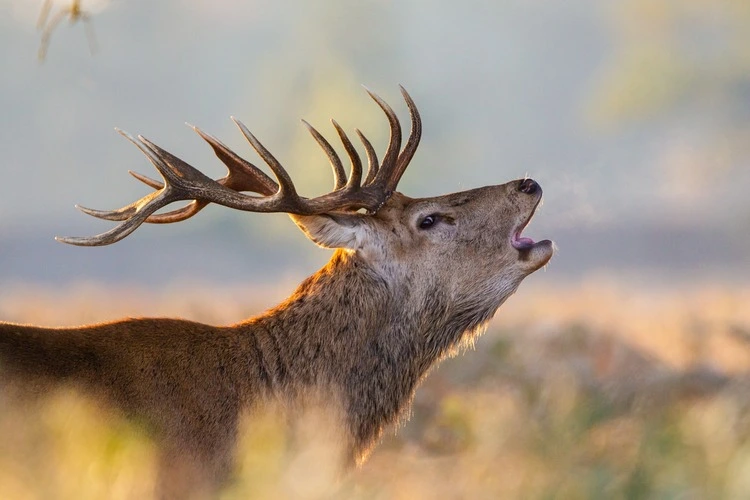
‘Social ageing’ in animals changes their behaviour as they get older – and scientists think we can learn lessons from them
By
A new collection of 16 studies has uncovered the fascinating behavioural changes that various animals undergo as they age – and highlights how some may be advantageous to creatures too.
Previously, these switches in behaviours – known as ‘social ageing’ to scientists – were thought of as only leading to negative effects in animals, but this new research suggests otherwise.
Enjoying this content? Check out our related reads…
Much like older humans who ‘shielded’ at home to protect against COVID-19 during the pandemic, older red deer (Cervus elaphus) are less likely to pick up certain parasitic infections as they avoid social interactions as they age. But it is not just mammals that experience these behavioural changes. The study also marks the first time that birds have been shown to reduce the size of their social network as they get older.
In particular, older house sparrows (Passer domesticus) decline in the number of friendships they have with other birds, as well as dropping off in their social relevance as they age – meaning the birds becomes less central to the wider social network around them.

The research also shows that ‘social ageing’ is a biological phenomenon applied to creatures as small as fruit flies, and can vary between sexes of animals too.
While work has traditionally focused on animals like chimps and bees – whose social societies are thought of as complex – the research allowed scientists to delve into previously understudied animals like the Drosophila fruit flies. Easily to manipulate in the laboratory, these fruit flies meant research could be conducted to understand exactly why social ageing happens.
Think you know your geography? Score high enough and win!
‘Because ageing is a universal process, and all animals live in some sort of social context, the topics that we discuss in detail can have really far-ranging implications,’ said co-editor Greg Albery.
‘The hope is that in understanding the diversity of ageing and sociality across lots of different species, we can shine a light on the processes governing our own society in a time when understanding ageing is particularly important.’
A poor social environment can have the same impact on humans’ ageing as smoking or obesity, so these advances are hoped to lead to new interventions in understanding how humans can lead healthy lives as they get older.




